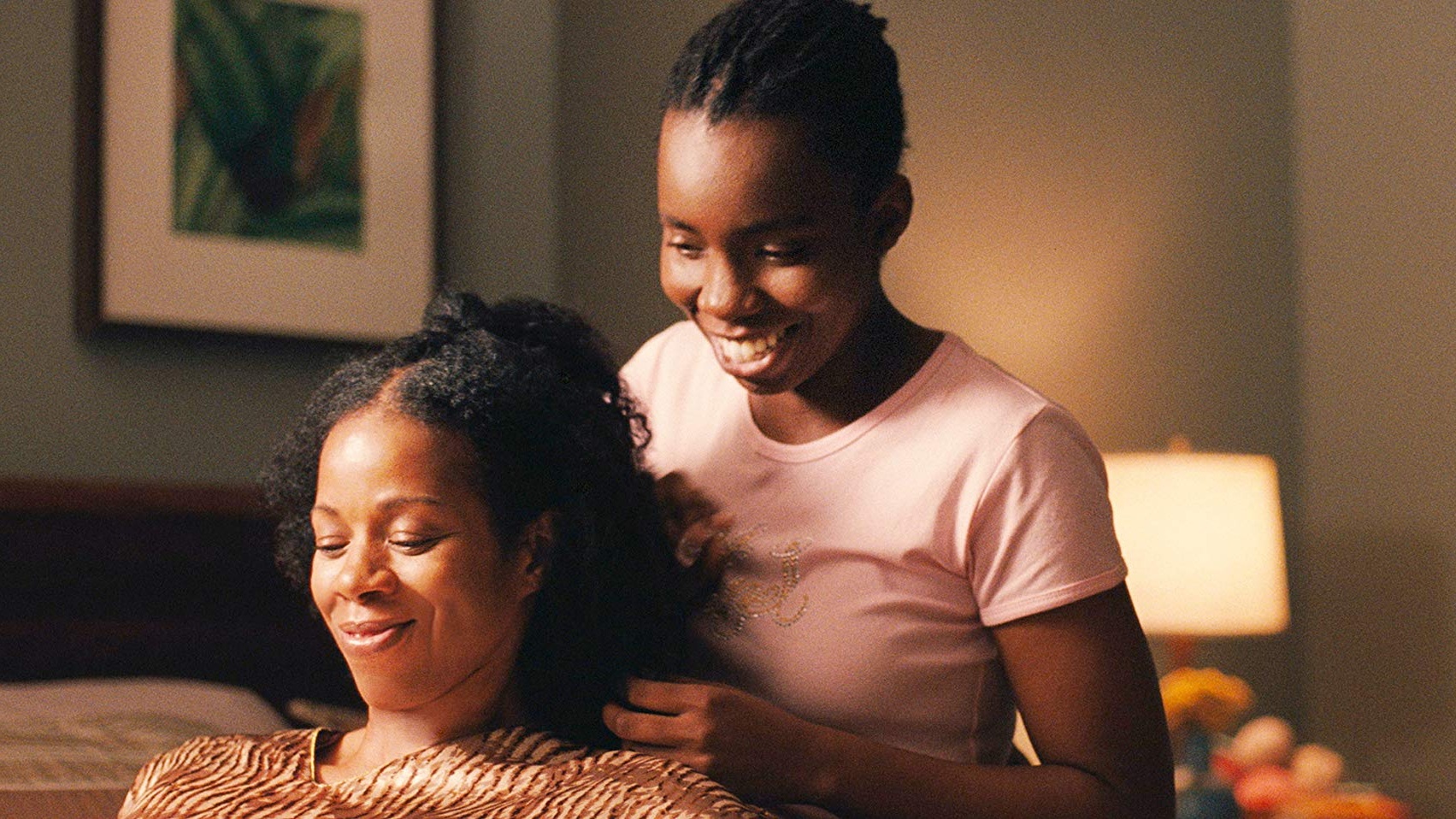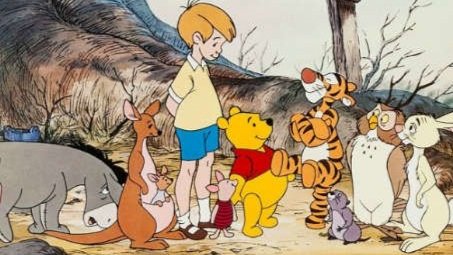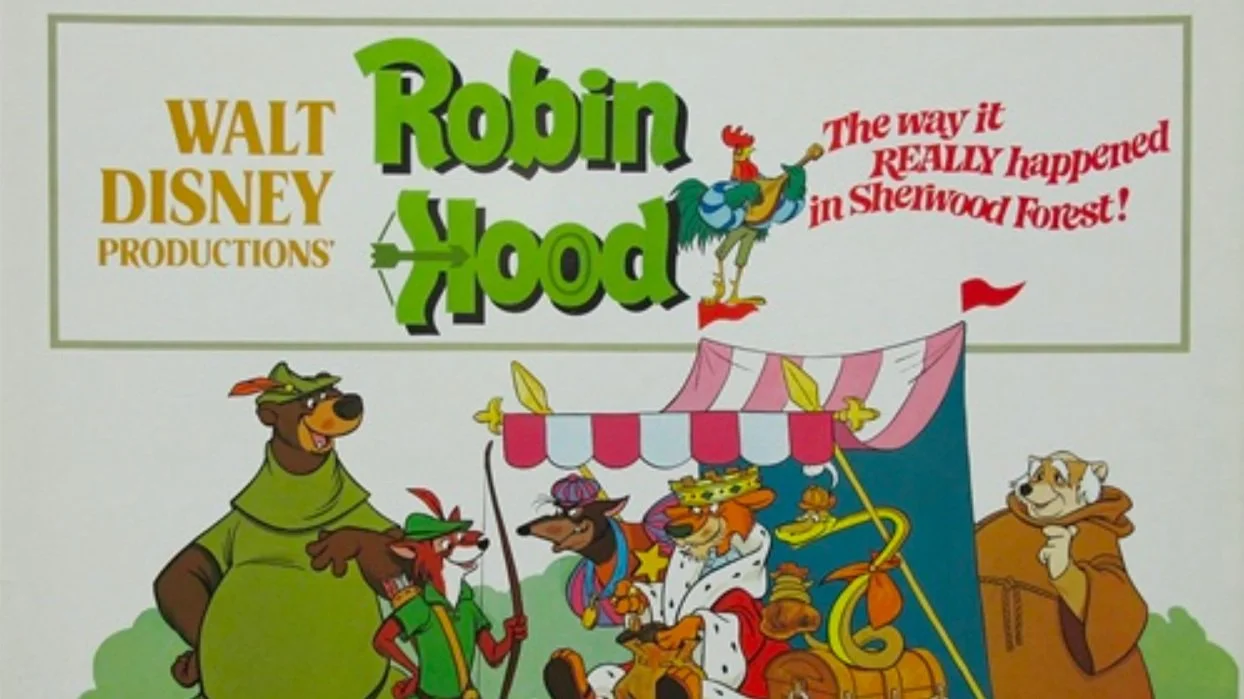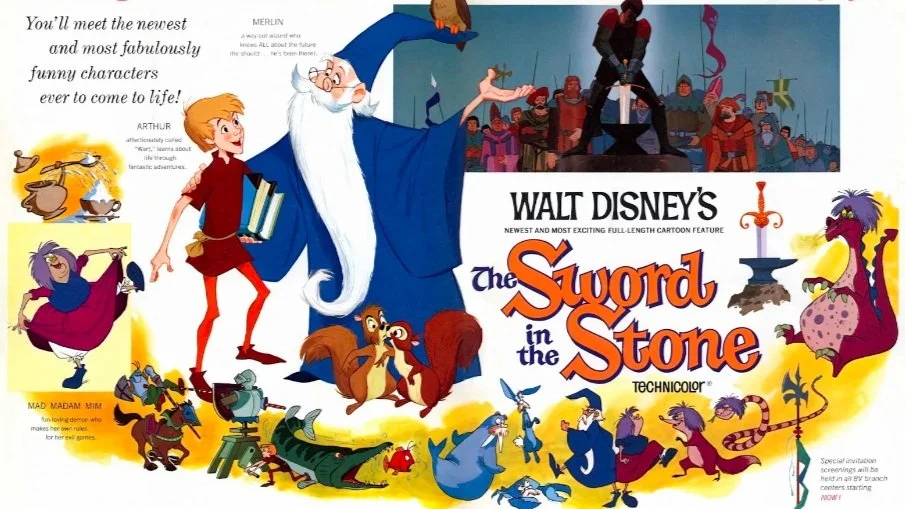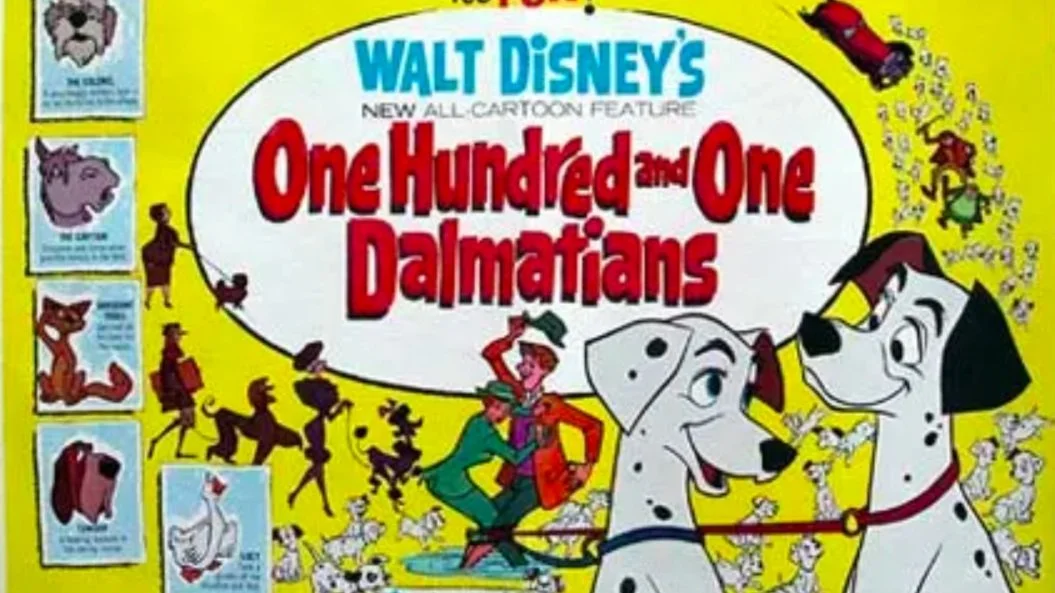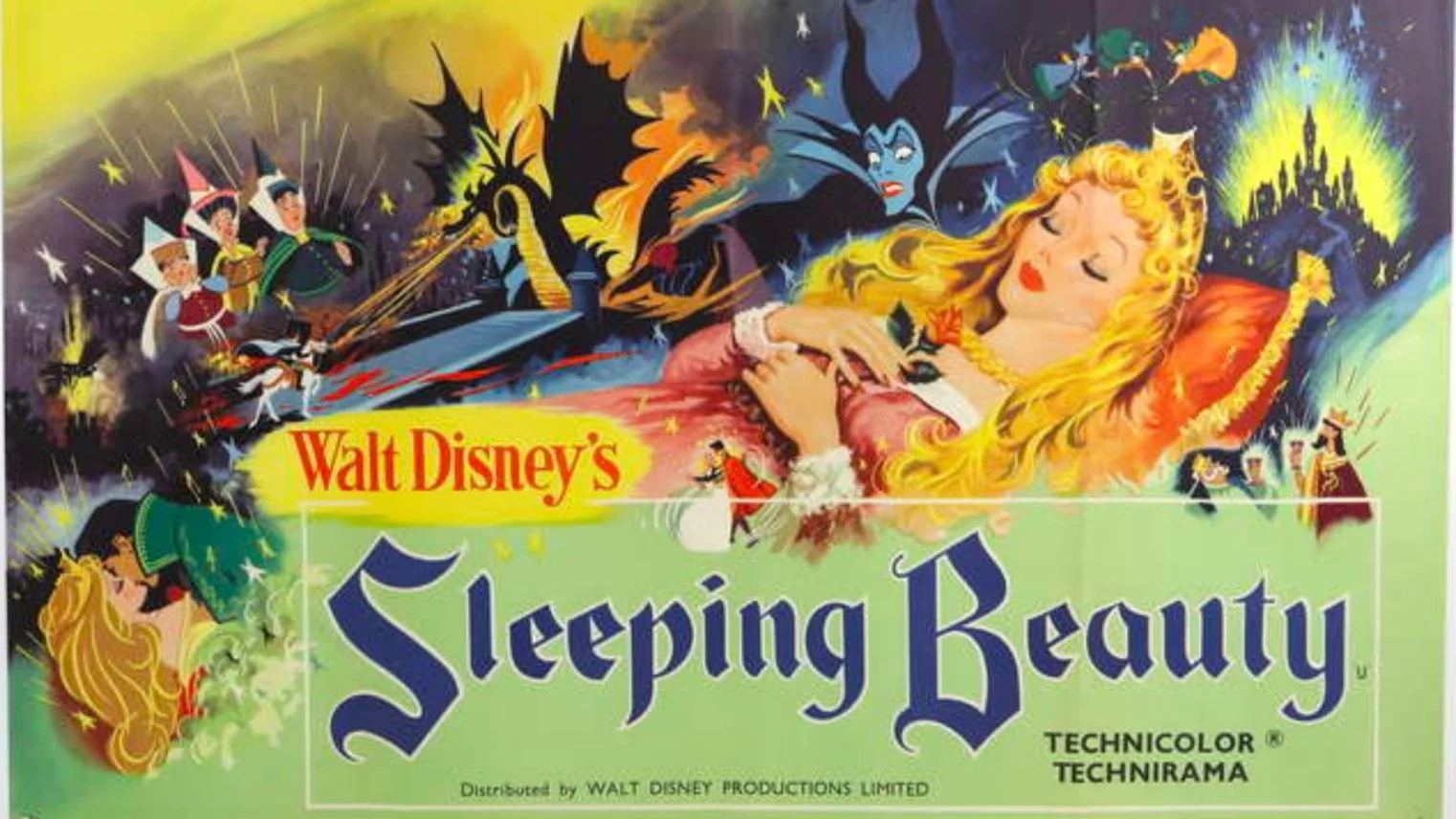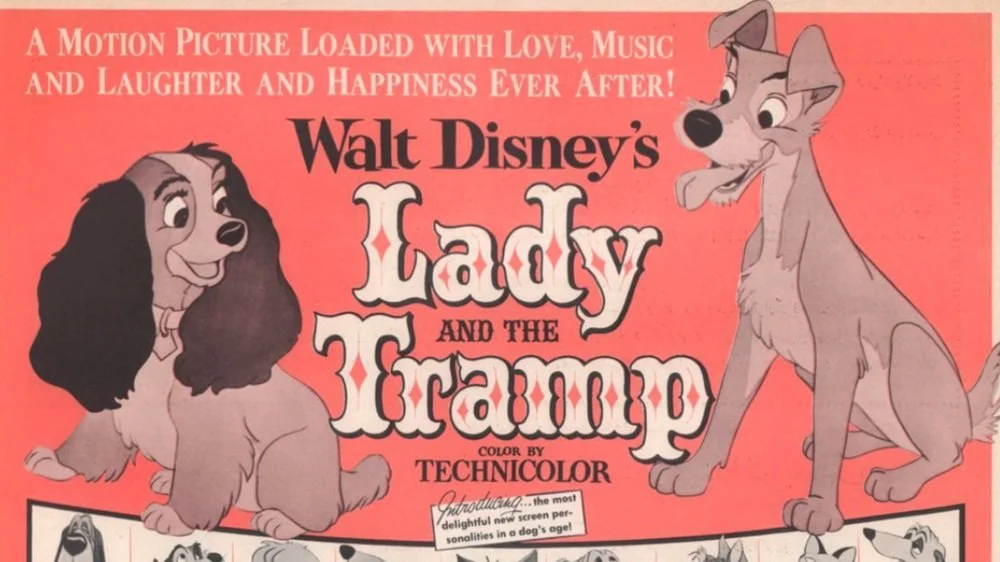Reel Pride: Pariah (2011)
Clothes are a major part of our identities as people. How we dress is how we present ourselves to the world. That’s true for everyone; yes, even people who “don’t care” about what they wear. For queer people, especially young queer people, fashion statements become more powerful. How young queer people conform or don’t conform to gendered expectations of what they should wear is important in forming their identities. Dee Rees’ profound coming-of-age drama Pariah is as much about clothing as it is anything else. The 2011 Sundance hit is a sharp look at coming out within a community that is often ignored in queer cinema. It’s honest, beautifully made, challenging, and ultimately a soaring tale of personal triumph and acceptance.
Adepero Oduye stars as Alike (pronounced ah-lee-kay), a teenager in Brooklyn struggling to come out to as a lesbian to her parents. Her mother, Audrey (Kim Wayans), is frustrated with her daughter’s more masculine attire, and forces her to wear more feminine clothing. Alike’s father Arthur (Charles Parnell) is hardly at home because of work, though he’s convinced Alike is just going through a phase. Audrey disapproves of Alike’s out lesbian friend Laura (Pernell Walker) and forces Alike to befriend her more girly classmate Bina (Aasha Davis), but a romance blooms between the two teens.
The theme of gendered clothing runs throughout Pariah. Alike is shown constantly changing her clothes, often shedding her more masculine clothes before going home, or clashing with her mother over her church ensemble. In one scene, Audrey buys a fuchsia blouse for Alike, and a co-worker assumes it’s for her younger daughter. Alike prefers baggy clothes and a baseball cap, but her mother wants her to wear clothes that highlight her figure and natural hair. There’s a heartbreaking moment when Alike pulls off her hat, takes off her baggy sweatshirt, and puts on earrings. Oduye looks almost alien in this feminine getup, and Rees captures the pain of being forced to look unlike yourself. Alike looks more alive while dressed in her preferred butch lesbian look, and Oduye’s physicality changes when wearing clothes her mother makes her wear.
The family dynamic between Alike and her parents is fascinating but difficult to watch. Not only is she growing up in a socially conservative, religious household that frowns upon homosexuality, but her parents’ marriage is rocky and toxic. They argue constantly, undermine each other, and act out their frustration with one-another onto their kids. Arthur neglects his wife, lies to her, and cheats on her. He plays the part of being a good dad but is unable to offer any support. Frustrated by her husband, Audrey channels all of her anxiety into controlling her kids. She’s homophobic, trying to stomp Alike’s queerness out of her. I could sympathize with Audrey, but she is completely reprehensible and cold. Thankfully, Alike shares a warm, protective bond with her sister Sharonda (Sahra Mellesse), who seems to be the only relative that accepts Alike.
Because Pariah is centered on a very specific neighborhood in Brooklyn, Dee Rees can explore how class intersects with sexuality and gender in the film. Alike’s best friend, Laura, has been completely disowned from her family, and quit school to support herself. She found her own family (found family being a running theme in queer cinema). One of the more fascinating aspects of Laura is how she displays heteronormative behavior even within her queer family. She dresses even more masculine than Alike, visits a strip club, and plays poker with a trophy girlfriend on her lap. This is the kind of thing we’ve seen straight cis men do in countless movies but seeing it through this queer lens reveals even more about gender. Rees doesn’t pass judgment on this, just showing how Laura and her friends act. Laura is the most confident in her queerness, finding her own path after her family betrayed her. Contrast that to Bina, who flirts with and makes love to Alike, but for a lark. The hushed romance that Alike thought she was in becomes heartbreak and Alike feels used. A lot of Pariah feels like a standard queer coming-of-age movie, but the film is specific and authentic enough to stay fresh.
Pariah is such a mesmerizing film. The cinematography by Bradford Young (Arrival, Selma, Solo: A Star Wars Story) is frantic but personal. The lighting, the art direction, the editing, and of course the costume design, give so much life to the film. Dee Rees’ screenplay is biting and lovely. The final 20 minutes of the film are aching and uplifting. Pariah ends on a high note, with Alike on a bus to a bright future full of potential. The final poem that Alike reads in the ending montage is stunning. It features an empowering line that encompasses so much of what is beautiful about queer cinema:
“I’m not running. I’m choosing.”


